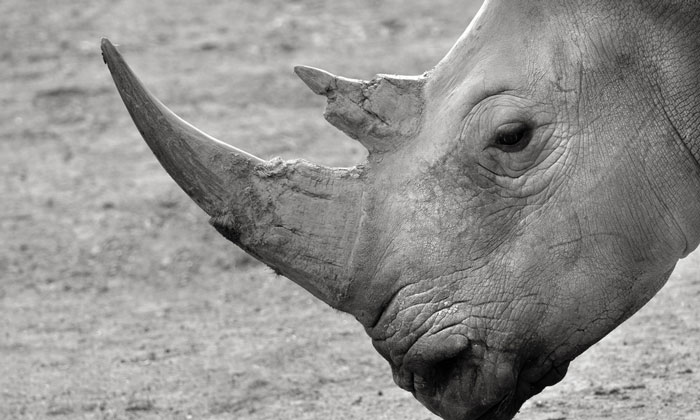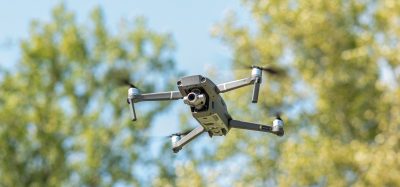New installation raises awareness of wildlife trafficking at Johannesburg
- Like
- Digg
- Del
- Tumblr
- VKontakte
- Buffer
- Love This
- Odnoklassniki
- Meneame
- Blogger
- Amazon
- Yahoo Mail
- Gmail
- AOL
- Newsvine
- HackerNews
- Evernote
- MySpace
- Mail.ru
- Viadeo
- Line
- Comments
- Yummly
- SMS
- Viber
- Telegram
- Subscribe
- Skype
- Facebook Messenger
- Kakao
- LiveJournal
- Yammer
- Edgar
- Fintel
- Mix
- Instapaper
- Copy Link
Posted: 10 August 2017 | International Airport Review | 2 comments
The new installation features staged mannequins, customised posters, and informational materials that spotlight wildlife trafficking and provide guidance on how staff can help identify and stop wildlife traffickers from abusing the air transport sector.


The USAID Reducing Opportunities for Unlawful Transport of Endangered Species (ROUTES) Partnership worked with South African Airways to unveil a life-size wildlife trafficking awareness installation at the staff lounge in Johannesburg’s O.R. Tambo International Airport.
The awareness materials – developed and installed under the ROUTES Partnership by Freeland with support from TRAFFIC and the International Air Transport Association (IATA) – reinforce lessons and data from a wildlife trafficking prevention training provided to South African Airways staff and conducted by ROUTES last September.
“A lack of awareness is one of the biggest hurdles in the fight against wildlife trafficking in the air transport sector,” says Matt Pritchett, Director of Trafficking Free Enterprises at Freeland. “This installation brings attention to wildlife trafficking in South Africa’s airports and provides staff with the necessary information to identify wildlife traffickers and safely intervene.”
According to a recent ROUTES report, Flying Under the Radar: Wildlife Trafficking in the Air Transport Sector, South Africa serves as a hotspot for poachers and traffickers supplying wildlife and wildlife products to Asia. Rhino horn in particular is commonly smuggled through O.R. Tambo International Airport in Johannesburg. South Africa hosts the largest population of rhinos in the world, but estimates suggest that every eight hours a rhino is killed in the country for its horn, precipitating a species conservation crisis.
South African native, Kayleigh Ghiot, served as the lead designer for the awareness resources, and travelled in for the installation’s opening from her residence in Bangkok. “South Africans have always had a special connection to our land and wildlife. If we don’t take action now, we could lose some of our country’s most iconic species before we even realise it’s too late” says Ghiot. “I’m incredibly proud to be back in my home country to illustrate how South African transport industries can implement influential and low-cost solutions that improve safety and security and sustain wildlife for future generations.”
















Good way of telling, and nice piece of writing to obtain data regarding my presentation topic, which i am going
to present in college.
We must strongly condemn the trafficking of rare animals. Current situation of many species become extinct or endangered. Sad for humans